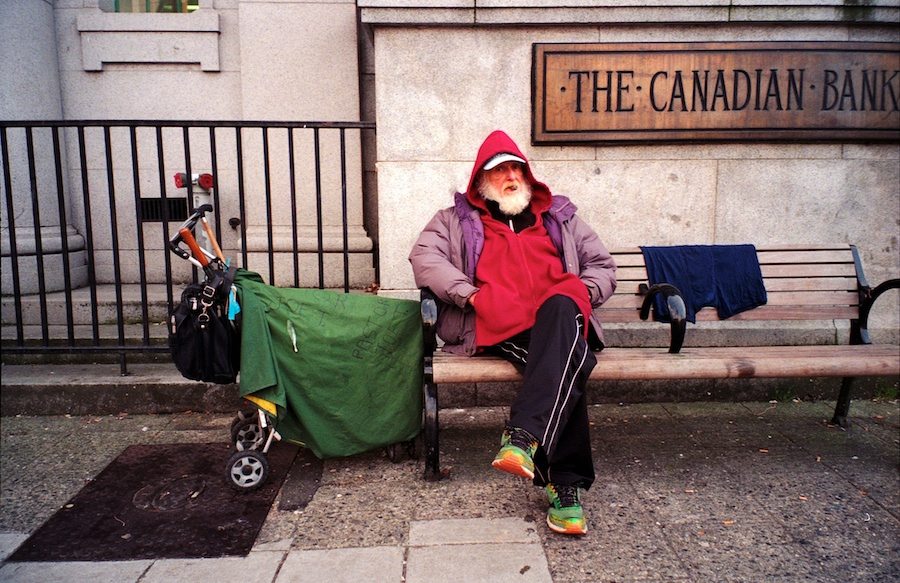Traumatic Brain Injury (TBI) could be a risk factor for becoming homeless, according to a newly-published study by researchers at St. Michael’s Hospital in Toronto.
Forty five percent of the homeless men who took part in the study had suffered at least one traumatic brain injury (TBI) and 87 percent of those injuries occurred before the men lost their homes, according to the paper, published in the Canadian Medical Association Journal.
The researchers found that most injuries (60 percent) were caused by assaults, but others were the result of causes such as car accidents or falls.
Jane Topolovec-Vranic, clinical researcher and leader of the study, said that it is important for homeless healthcare providers to be aware of their patients’ TBI history as brain injuries can be linked with mental health, substance abuse, seizures, and poorer health in general. The study included health data from 111 homeless men aged 27 to 81 recruited from a downtown Toronto homeless shelter.
Because so many of these TBIs were suffered before the men became homeless, researchers said that a TBI could be a risk factor for becoming homeless. They stressed the importance of monitoring young people who suffer brain injuries for changes in health and behavior. The study was carried out as a part of St. Michael’s Health and Housing in Transition Study, a longitudinal study that aims to understand the risk factors and resources that push people into and help people out of homelessness.
Canadian Research Explores Homelessness and Brain Injury

Kynan Tait/Flickr
email updates
We believe ending homelessness begins with listening to the stories of those who have experienced it.
Subscribe






